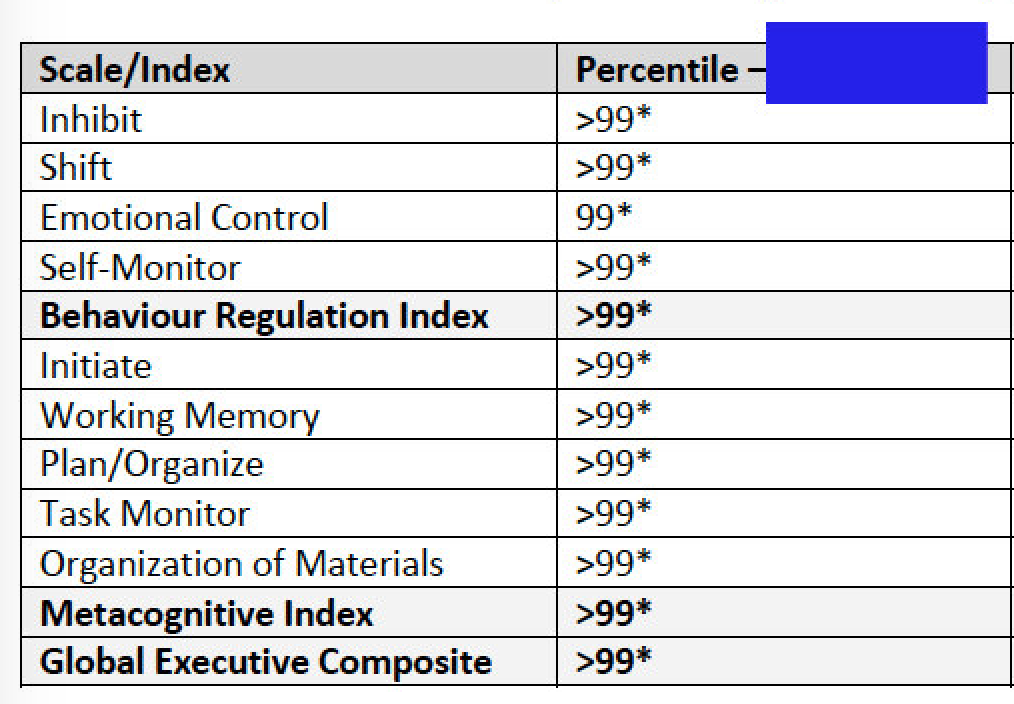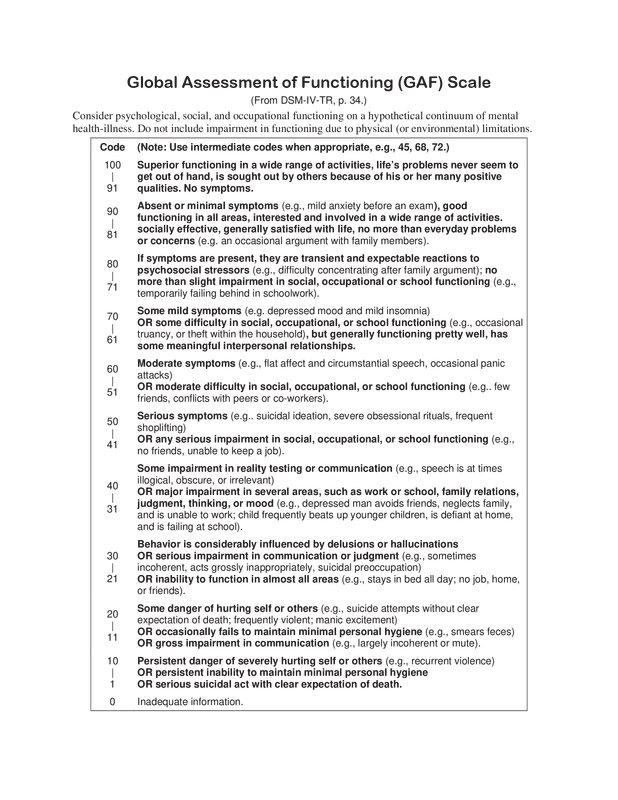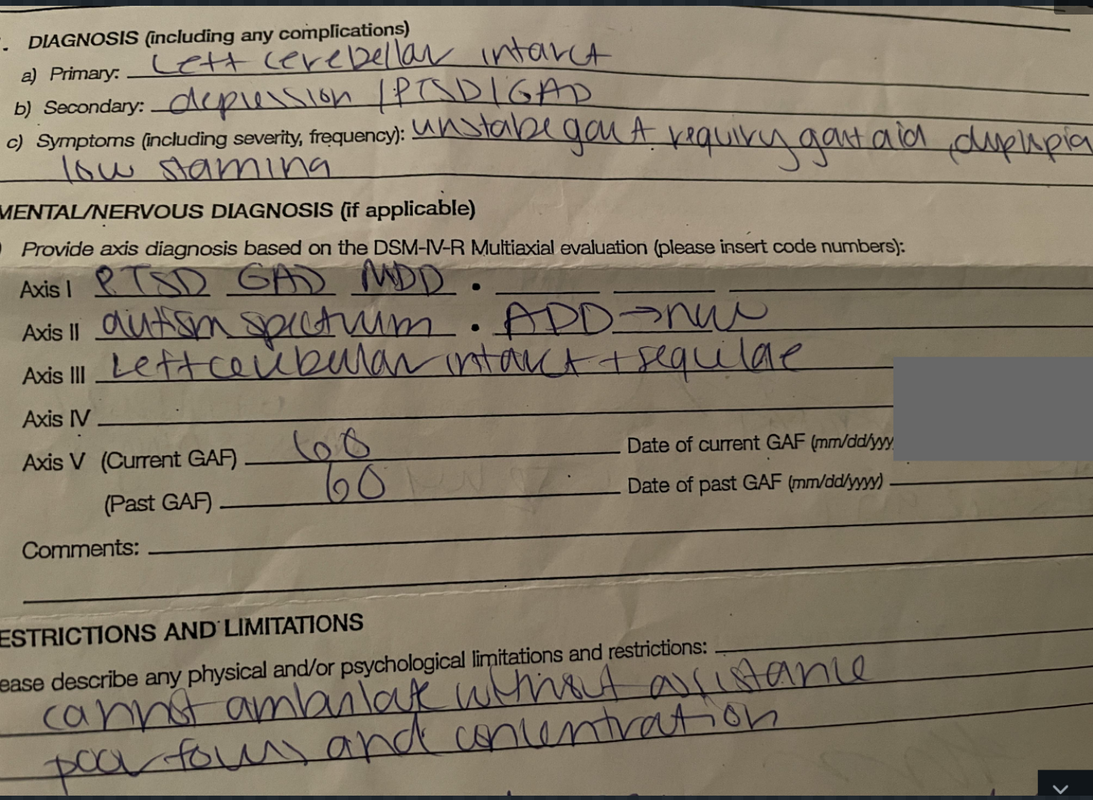Executive function?
I see it this way:
EF is how your brain does working memory management and how well it does it. Most people have “7+/-2” chunks of working memory. That works out to “5 to 9” imagine this as your Scrabble tray. 9 is better than 5. Mine is more like 3 (according to computer tests). Fewer can make life harder. For things to get into working memory it has to come from the 5 senses or short-term memory. Things must go through working memory before going to short term memory. Then, maybe from short term memory to long term memory. Same for the return trip.
EF is in charge of moving things in and out of WM or moving them around in WM. Like moving tiles on and off the tray, or rearranging them on the tray. Try to put one too many tiles in the tray? One pops off the other end.
Attention is when only the right things are on the tray and nothing you need for focus gets popped off. Phone rings while you are doing homework? If you can keep some things in WM while others are moving in and out you can get right back on track by pushing the “phone call” chunks off and using what is left to find the other needed chunks in short term memory and reloading. Get distracted by talking to a friend while walking out of class- the homework assignment may be gone forever, bumped out of WM by the chat chunks.
Smaller WM makes EF’s job harder, but poor EF makes poor use of even 9 chunks of WM.
_________________
ADHD-I(diagnosed) ASD-HF(diagnosed)
RDOS scores - Aspie score 131/200 - neurotypical score 69/200 - very likely Aspie
CockneyRebel
Veteran

Joined: 17 Jul 2004
Age: 50
Gender: Male
Posts: 117,616
Location: In my little Olympic World of peace and love
A good majority of my problems is very much to do with my head, taking precedence too much over what I "feel" inside, what my 'automatic but wrong thoughts' are and anything that I internally sense (hunger, pain, etc.) from actually observe, try and practicing to organize, plan, and execute when I'm too busy VOLUNTARILY ignoring INVOLUNTARY unnecessary, irrelevant and troublesome internal processing burdens.![]() It's like my own body is it's own thief to my own headspace and actually do something I know is relevant.
It's like my own body is it's own thief to my own headspace and actually do something I know is relevant.
Most of my triggers are internal, not external.
As a child I did not have problems until I realized emotional issues. And I realized this in a really young age.
When I grew older, physical health issues came, most of it stayed due to lack of financial means and hormonal related issues came from family history and habits formed by coping with anything else.
I just want to get rid of layers and layers of these...
Rule out everything before dealing with directly with my head.
I believe a good portion of my executive function issues will be solved if I finally have a form of internal regulation and balance.
So I won't be so distracted 'with dealing with myself'.
It's bad enough that I even wish I was alexithymic and practically numb, so I'll just focus what's in front of me, get observations and data, make external solutions and just rationally improve (VOLUNTARILY, preferably habitually)...
... Than being overly "focused' on what's 'inside' me, too busy 'fighting' what I feel and what impulsive conclusions my emotionality had subconsciously (INVOLUNTARY) jumped into.
_________________
Gained Number Post Count (1).
Lose Time (n).
Lose more time here - Updates at least once a week.
The world is a chaotic place so you need executive function to deal with multiple things at once and prioritise tasks.
Most NT do this without thinking but some autistic people find it difficult.
In the IT world I think it’s known as multithreading where a CPU runs lots of different things at once
Getting up for work, getting washed, dressed remembering to post that letter on the way out.
Suddenly smelling burning you have to prioritise the possibility of your house on fire to being late for work.
When that’s checked getting in the car maybe calling someone on the hands free phone while dealing with traffic
Taking your kid to school first suddenly kid throws up in car and is obviously sick so what you going to do? Get a baby sitter or phone in work to say going to be absent or late etc…
Just an example of what executive function is but this kind of thing can be seen in many action movies where there’s constant interaction and actions and counter actions
_________________
"The reasonable man adapts himself to the world; the unreasonable one persists in trying to adapt the world to himself. Therefore all progress depends upon the unreasonable man."
- George Bernie Shaw
ASPartOfMe
Veteran

Joined: 25 Aug 2013
Age: 67
Gender: Male
Posts: 36,920
Location: Long Island, New York
I was tested for executive dysfunction during my assessment. The results were I have moderately severe executive dysfunction. The 10+ years since have repeatedly confirmed the results.
_________________
Professionally Identified and joined WP August 26, 2013
DSM 5: Autism Spectrum Disorder, DSM IV: Aspergers Moderate Severity
“My autism is not a superpower. It also isn’t some kind of god-forsaken, endless fountain of suffering inflicted on my family. It’s just part of who I am as a person”. - Sara Luterman
The most obvious and concrete thing that I can't do is drive a car. I can pull out of the driveway and turn into the street if there is no one coming, or wait until there is no one coming. I can drive forward in my lane of traffic and stop at the stop sign. Then I have to look both ways to see if cars are coming from either way to find an open slot where there is enough room that I can pull out. Here it gets very hard. I can do it if traffic is very light and there are few cars and plenty of space. Otherwise I just can't. I could wait forever but then cars start piling up behind me. But okay, let's say I am not stressed out by the cars waiting behind me, some of whom might be honking and I eventually am able pull out onto the road when there is a big enough gap. I can only do this if I am turning right. The added requirement of navigating two lanes of moving traffic and finding a slot to cross one and enter the other is close to impossible, unless traffic is very light. If have to turn left, my only option is to make three right turns instead.
If I am traveling on a bigger two lane road, with two lanes in each direction, I cannot change lanes, because looking in the side view mirror to gauge if there is enough time to change lanes ahead of the oncoming cars in that lane while at the same time navigating the forward motion of my car without veering out of my lane or getting too close to the car in front of me is impossible.
So, without being able to change lanes, make left turns, or pull out onto a street only with great difficulty, it is essentially impossible for me to drive, unless I am out in the country where there is very little traffic to contend with.
This is a concrete example of something I can't do. Most other examples are much more subtle and it's harder to pinpoint the areas in which the process breaks down in a way that I can't navigate. A lot of them involve having to talk to people, which is just horrible. I have to furiously scribble notes while I am talking on the phone to remember what they are telling me to do. Then I will hang up and realize I forgot to ask a necessary question, which leaves a gap in my step to step process.
Or figuring out the steps of a task and which ones are important and what order to do them in. And often having to wing it because you don't know that a step might suddenly lead to some unexpected step. This is especially bad on the phone if someone says something that I don't know how to respond to, which creates a dead end. Sometimes I have learned to just play dumb and repeat everything, or ask the same thing again, and even ask open ended questions, like "is there something else I should be asking you?" Still, all in all it's a morass and it's so stressful i can't bring myself to try.
You and I are always very alike.
From my ASD assessment -

^

My GAF score has been as low as 40, but as high as 60:


_________________
I never give you my number, I only give you my situation.
Beatles
ASPartOfMe
Veteran

Joined: 25 Aug 2013
Age: 67
Gender: Male
Posts: 36,920
Location: Long Island, New York
You and I are always very alike.
From my ASD assessment -

^

My GAF score has been as low as 40, but as high as 60:


“The BRIEF-A clinical scales measure the extent to which the respondent reports problems with different behaviors related to the nine domains of executive functioning captured within the BRIEF-A. ASPartOfMe endorsed items indicative of impaired working memory abilities T( = 74, 99%ile). This suggests that ASPartOfMe experiences substantial difficulty holding an appropriate amount of information ni mind or ni "Active memory" for further processing, encoding, and/or mental manipulation. Further, elevations on this scale suggest difficulties sustaining working memory, which has a negative impact on the ability to remain attention and focused for appropriate lengths of time. An elevated working memory scale suggests that ASPartOfMe may miss information that exceeds his working memory capacity, such as instructions for an assignment. ASPartOfMe’s Shift scale elevation (T = 71, 98%ile) indicates that he si perceived as having difficulty with cognitive flexibility. Difficulties with shifting can compromise the efficiency of problem solving. Consistent with this finding are reports obtained by ASPartOfMe and his sister acknowledging that ASPartOfMe is somewhat rigid and inflexible and prefers consistent routines. ASPartOfMe’s elevated Plan/Organize scaleT( =6, 92d%ile) represents his difficulty with the planning and organizing of information, which has a negative impact on his approach ot problem solving. ASPartOfMe exhibited an elevated Organization of Materials scale (T= 70, 97%ile), which measures orderliness of work, living, and storage spaces (e.g., desks, rooms). ASPartOfMemis described as having difficulty keeping his materials and belongings reasonably wel organized, and, finding his belongings when needed.”
_________________
Professionally Identified and joined WP August 26, 2013
DSM 5: Autism Spectrum Disorder, DSM IV: Aspergers Moderate Severity
“My autism is not a superpower. It also isn’t some kind of god-forsaken, endless fountain of suffering inflicted on my family. It’s just part of who I am as a person”. - Sara Luterman
see also" performance anxiety" and "learned helplessness"
_________________
https://oldladywithautism.blog/
"Curiosity is one of the permanent and certain characteristics of a vigorous intellect.” Samuel Johnson
I don't know if you meant these for me or as a general response to what has come up in the thread, and I appreciate the input either way, but I don't have either of those.
I don't have performance anxiety in that I don't care at all whether I do something well. I am just not able to do it at all, as if I was being asked to walk up a vertical wall. It's just not possible for me to do, it's not that I'm worried I won't do a good job. With a long-ago therapist, about 30 years ago, this came up a lot. She thought I just needed reassurance and that whatever it was would be fine once I tried it, and she just didn't believe me when I said I actually couldn't. It's a bit like telling an autistic person that it's really easy to make friends and you're just self-conscious and worried what they will think of you, but if you just do it you'll be fine. I think we all know that's not how it works.
Learned helplessness is when you are repeatedly being thwarted when trying to do something and you eventually give up, but the implication is that you actually could do it if you hadn't become convinced that you can't by these repeated negative outcomes, which is also not the case for me. I actually can't do it, I don't just think I can't.
Anyway, this is why I thought it might have to do with this thing I keep hearing about called executive function, but it seems that that is not the explanation for my inability to do normal things that most people can do, even if they find them burdensome or annoying or difficult.
Awe,, for Petes sake , I might as well print out this entire Thread as handy reference material .. Would love to have
much much better executive function than I do .. but it seems it has not gotten any better with age .. ![]()
_________________
Diagnosed hfa
Loves velcro,
I am realizing in the past week or so, how obvious my executive dysfunction is.
My room is a trash pile.
I keep leaving things all over the house because I set things down and then forget about them.
Keeping up with any sort of regular chore, even necessary ones, is a major struggle.
Keeping up with hygiene, since it affects work, has to be up there on my priority list. But it means that things like dishes, taking trash out, etc gets pushed down more than they should be.
_________________
He/him or they/them pronouns, please.
ASD level 1 & ADHD-C (professional dx), dyscalcula (self dx), very severe RSD.
Currently in early stages of recovering from autistic burnout.
RAADs: 104 | ASQ: 30 | CAT-Q: 139 | Aspie Quiz: 116/200 (84% probability of being atypical)
| Similar Topics | |
|---|---|
| Diagnosed ASD + Executive Dysfunction |
15 Jan 2025, 10:57 pm |
| White House preparing executive order to abolish DOE |
04 Feb 2025, 2:02 pm |






